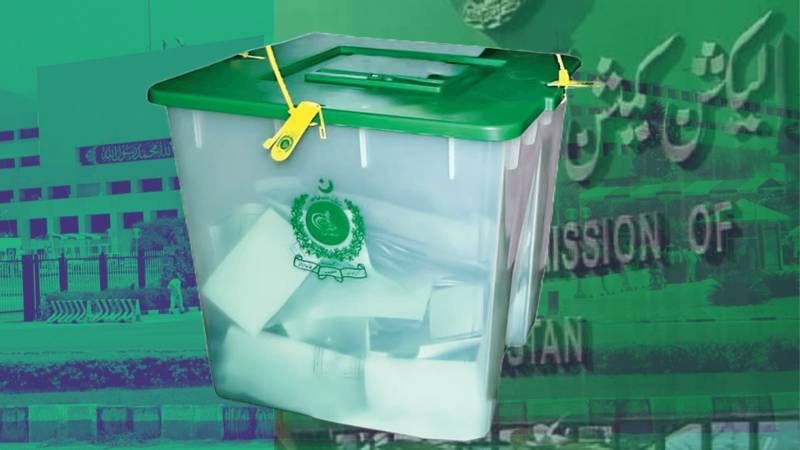
Elections in Pakistan have historically been mired in controversy, a situation exacerbated by the role of undemocratic forces, thus precipitating the need for evolving consensus, and it is now critical to take action against extensive electoral reforms.
This was expressed by the Human Rights Commission of Pakistan (HRCP) at a seminar held this week. During the seminar, HRCP presented the findings of a discussion paper calling for extensive electoral reforms.
The paper titled "Making Elections Credible: The Need for Electoral Reforms" argues that such reforms are critical if the state is to restore citizens' rapidly receding trust in the electoral process.
In the seminar, elections expert and the author of the discussion paper, Tahir Mehdi, presented his findings in seven key areas: credibility, constituencies, the electorate, candidates, polling, reserved seats and finance.
Pointing to the electoral process in other democracies of the world, Mehdi's paper recommends domestically reviewing the legal framework that underpins elections in Pakistan, especially the Elections Act 2017.
It criticised the role of caretaker governments, deeming them as being counter-productive and suggests dispensing with these altogether.
The paper also points to the judicialisation of the Election Commission of Pakistan (ECP) and the adverse impact this has had on the ECP's independence.
Regarding voters being allowed to choose which constituency to register or cast their vote in, the paper points out that given Pakistan's internal migration patterns, its internal migrants - either created for economic opportunity, natural disasters or man-made conflicts - are effectively disenfranchised. Given the impracticality of having the address on their computerised national identity cards (CNICs) changed to appear on the rolls of the constituency in which they live and have a stake.
The paper, Mehdi said, strongly argues that linking the right to vote with the possession of a CNIC effectively converts a basic civic right into the citizen's responsibility, leaving a significant chunk of the population — including 10 million women —disenfranchised.
The paper found that the requirement of a five percent allocation of seats to women candidates was cosmetic, if not completely farcical. It recommended that political parties significantly enhance the number of women nominated in general seats to at least 23 percent as a starting point, increasing this over time to reach parity.
Another key issue raised in the paper was the anomalous situation of the Ahmadiyya community, who continue to be listed separately on the electoral rolls and are forced to disclose their identity at polling stations (at significant risk to their lives). This effectively bars them from exercising their right to franchise.
The paper recommends abolishing the separate supplementary list for Ahmadi voters.
More generally, it criticises the concept of reserved seats for religious minorities on the grounds that the reserved seats do not accord effective representation to such groups.
The paper also proposes further reforms to address practices undermining the electorate's mandate, such as multiple-seat candidacy and independent candidates joining political parties after securing seats.
The paper also focuses on the process of data collection and its authentication: from pre-electoral data collections, such as the census and electoral rolls, to electoral data, such as polling documentation and asset declarations of elected representatives, also need to be reviewed.
The paper stressed that preventing the manipulation of information in social media use and technological solutions, such as electronic voting machines and the results transmission system, must also be examined.
The report will be released early next week.

